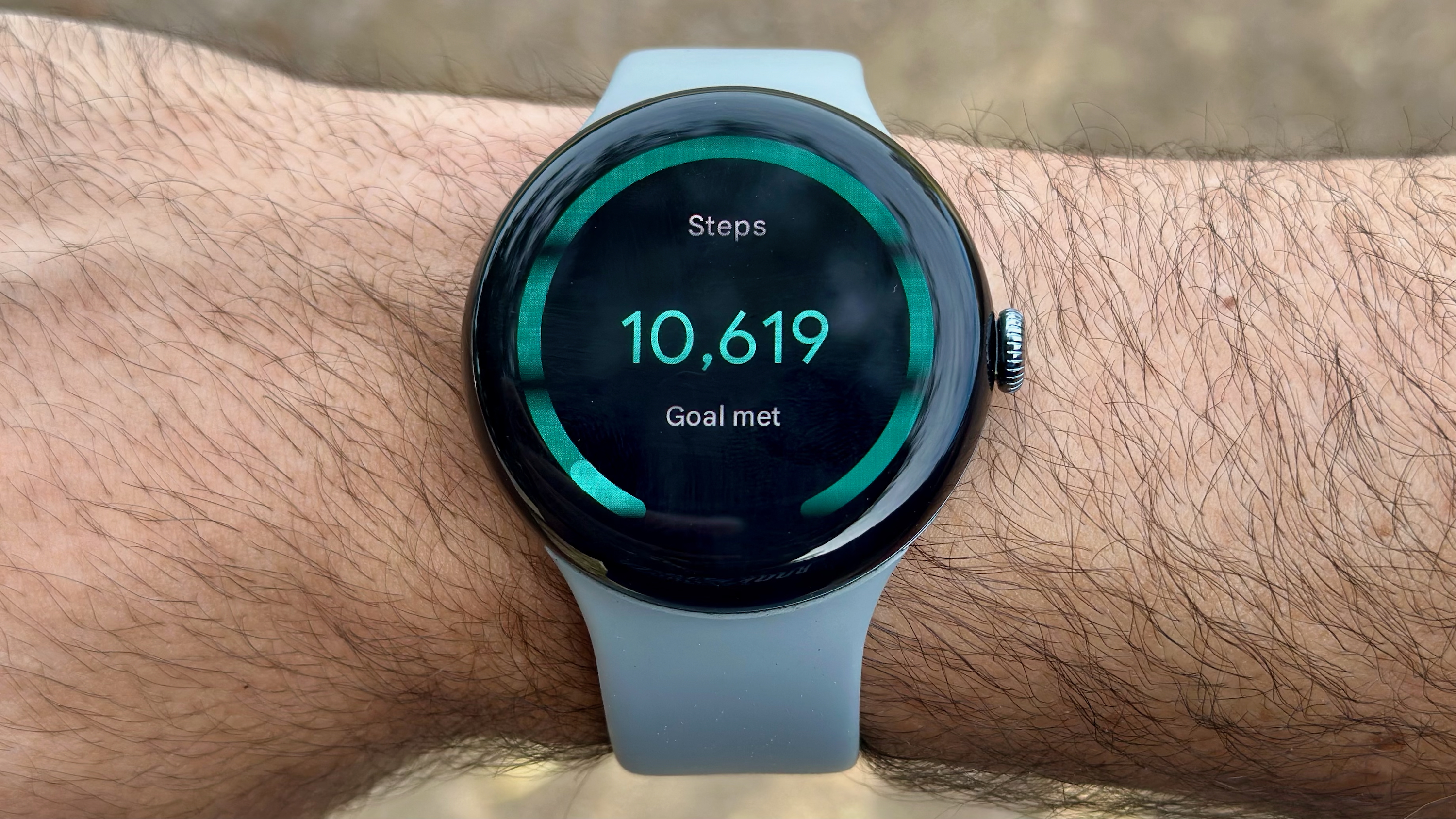Google Chrome blows competition away in Speedometer 3 tests
Google says its web browser is 72% faster since the Speedometer 3 benchmark debuted.

What you need to know
- Chrome is now 72% faster, achieving its highest score in the Speedometer 3 browser benchmark.
- Google identified and optimized specific slow functions, such as those handling space-separated strings and duplicate stylesheets, to enhance the browser's performance.
- Changes included better memory usage when drawing shapes and reducing redundant processing when creating form elements.
Google has revealed that Chrome is now 72% faster, achieving its highest score ever in the latest Speedometer 3 browser benchmark.
To measure how fast Google Chrome is, Google uses a mix of its own tests and industry-standard benchmarks. Speedometer 3 is a popular tool for comparing browser speeds because it closely mimics real-world usage. Google's blog post explains the recent improvements that have made Chrome faster than ever since Speedometer 3 debuted.
Google examined which functions in Speedometer were slowing down the web browser the most and made specific tweaks to speed them up. For example, it improved the function that handles space-separated strings, making it faster by removing unnecessary checks. Google also made sure that duplicate stylesheets were only processed once, saving time and resources.
Other changes include optimizing memory usage when drawing shapes and reducing unnecessary processing when creating form elements. The team also identified commonly used selectors in "querySelector" and streamlined them for better performance.
Last year, Google made several changes to reach a Speedometer score of 390 in Chrome version 113. This included faster HTML parsing and updates to the DOM, benefiting not just Chrome but also Apple's WebKit browsers. Google extended some of these optimizations to improve other functions used by Speedometer 3.
Additionally, Google worked with the Harfbuzz maintainer to improve how Chrome renders fonts used by Apple macOS. This change speeds up text processing by quickly determining which glyphs need to be processed.
One key strategy for Google's performance improvements is code tiering, which involves selecting the right code to optimize further. Intel helped by contributing a method that remembers past optimization decisions so Chrome can apply them more quickly in the future.
Be an expert in 5 minutes
Get the latest news from Android Central, your trusted companion in the world of Android
While performance is important for a smooth web browsing experience, many users often complain about Chrome's high memory usage rather than its speed. Chrome's fast script running can take up a lot of memory, but this isn't entirely Chrome's fault as these scripts require significant resources to operate effectively.
In any case, these scores are expected to keep improving as Google continues to enhance its browser.

Jay Bonggolto always keeps a nose for news. He has been writing about consumer tech and apps for as long as he can remember, and he has used a variety of Android phones since falling in love with Jelly Bean. Send him a direct message via Twitter or LinkedIn.
You must confirm your public display name before commenting
Please logout and then login again, you will then be prompted to enter your display name.
